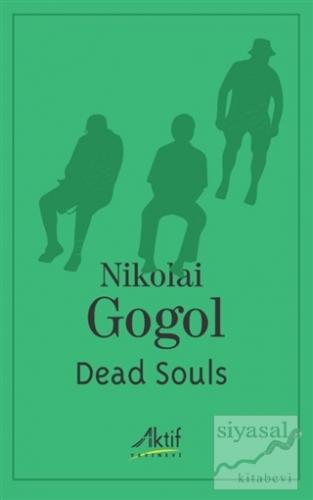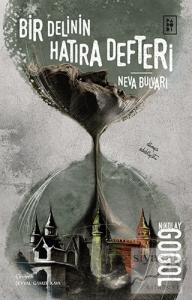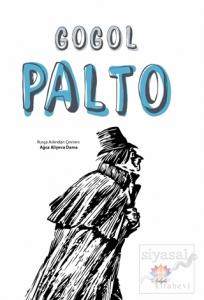
The story follows the exploits of Chichikov, a middle-aged gentleman of middling social class and means. Chichikov arrives in a small town and turns on the charm to woo key local officials and landowners. He reveals little about his past, or his purpose, as he sets about carrying out his bizarre and mysterious plan to acquire "dead souls."
The government would tax the landowners based on how many serfs (or "souls") the landowner owned, determined by the census. Censuses in this period were infrequent, so landowners would often be paying taxes on serfs that were no longer living, thus the "dead souls." It is these dead souls, existing on paper only, that Chichikov seeks to purchase from the landlords in the villages he visits; he merely tells the prospective sellers that he has a use for them, and that the sellers would be better off anyway, since selling them would relieve the present owners of a needless tax burden.
The story follows the exploits of Chichikov, a middle-aged gentleman of middling social class and means. Chichikov arrives in a small town and turns on the charm to woo key local officials and landowners. He reveals little about his past, or his purpose, as he sets about carrying out his bizarre and mysterious plan to acquire "dead souls."
The government would tax the landowners based on how many serfs (or "souls") the landowner owned, determined by the census. Censuses in this period were infrequent, so landowners would often be paying taxes on serfs that were no longer living, thus the "dead souls." It is these dead souls, existing on paper only, that Chichikov seeks to purchase from the landlords in the villages he visits; he merely tells the prospective sellers that he has a use for them, and that the sellers would be better off anyway, since selling them would relieve the present owners of a needless tax burden.






























